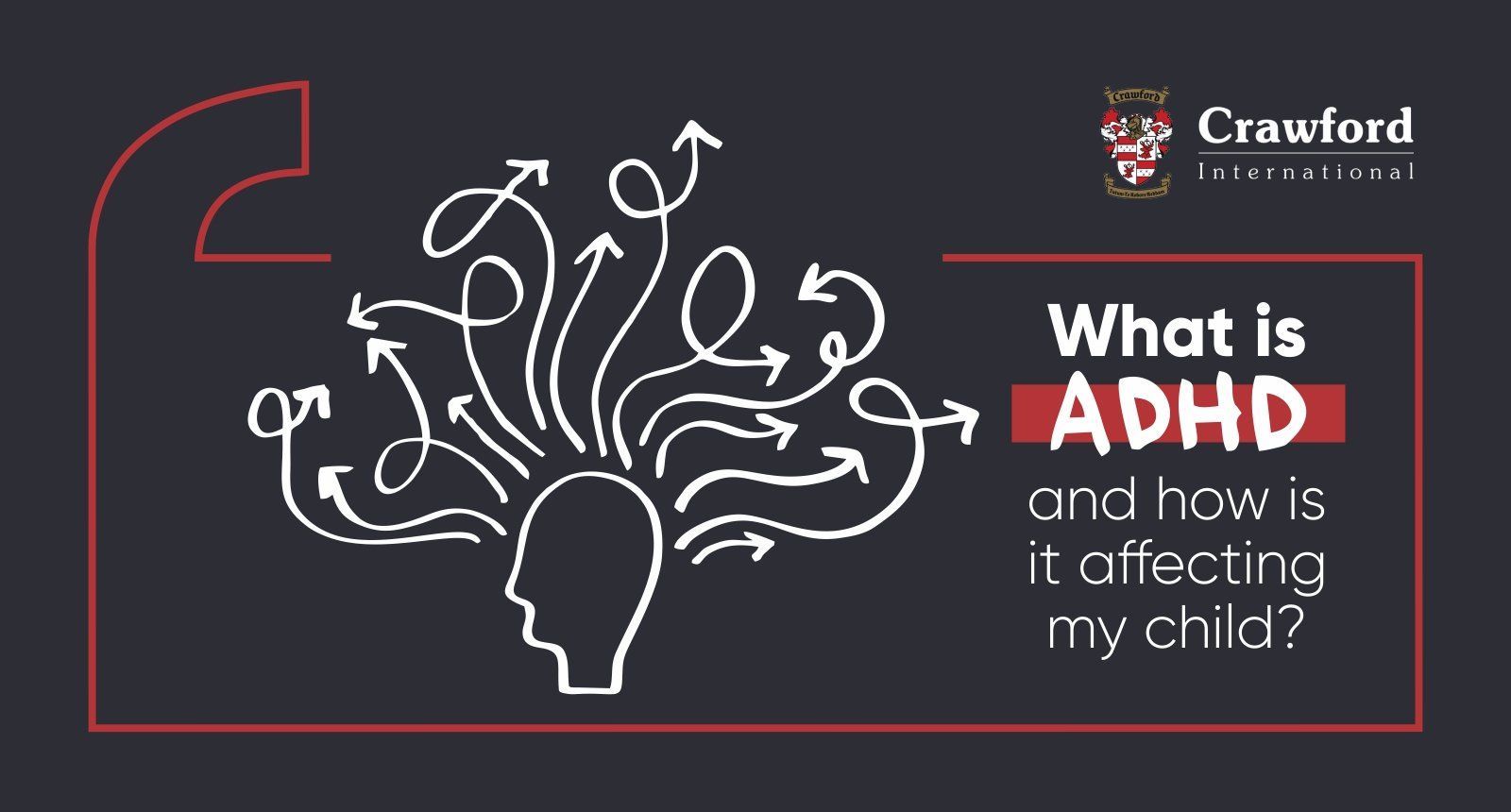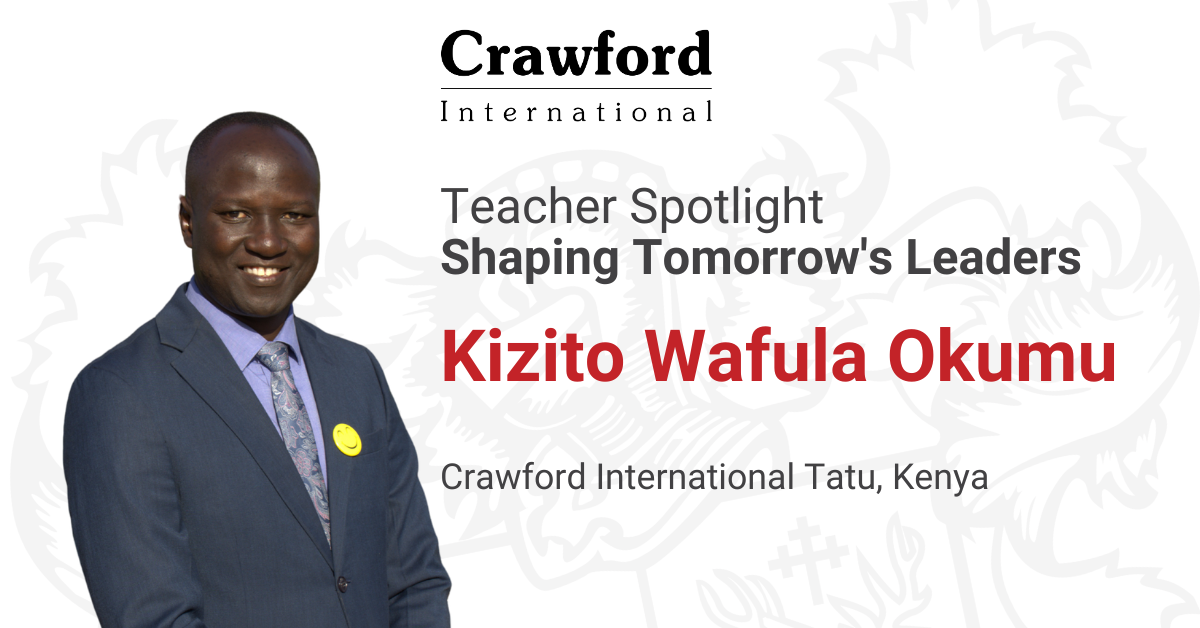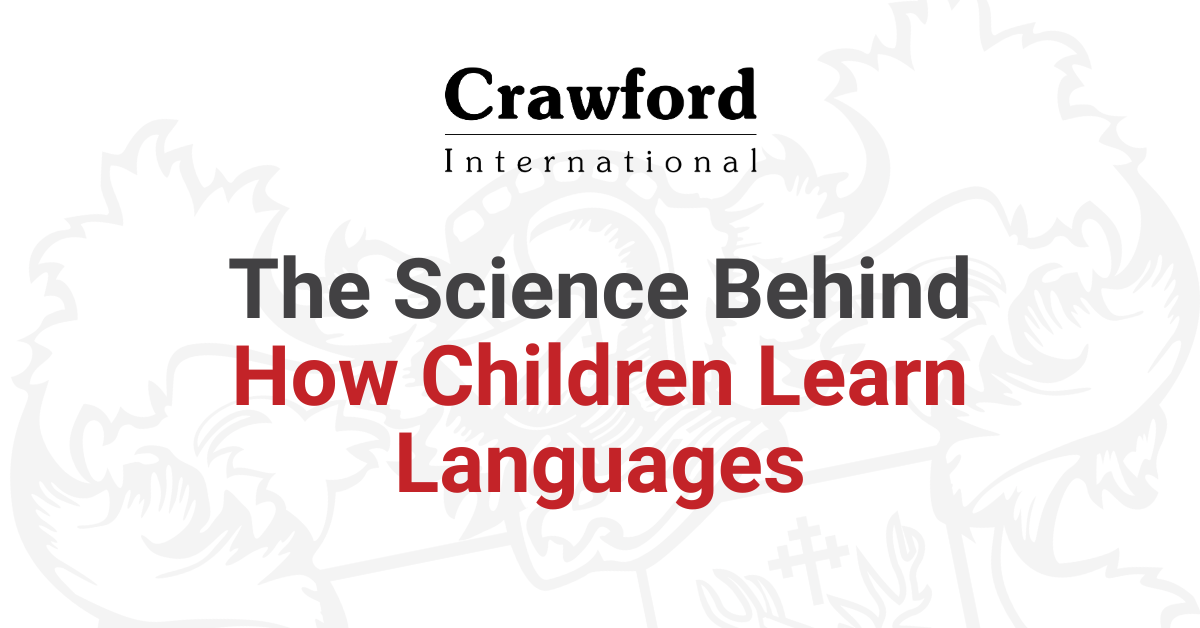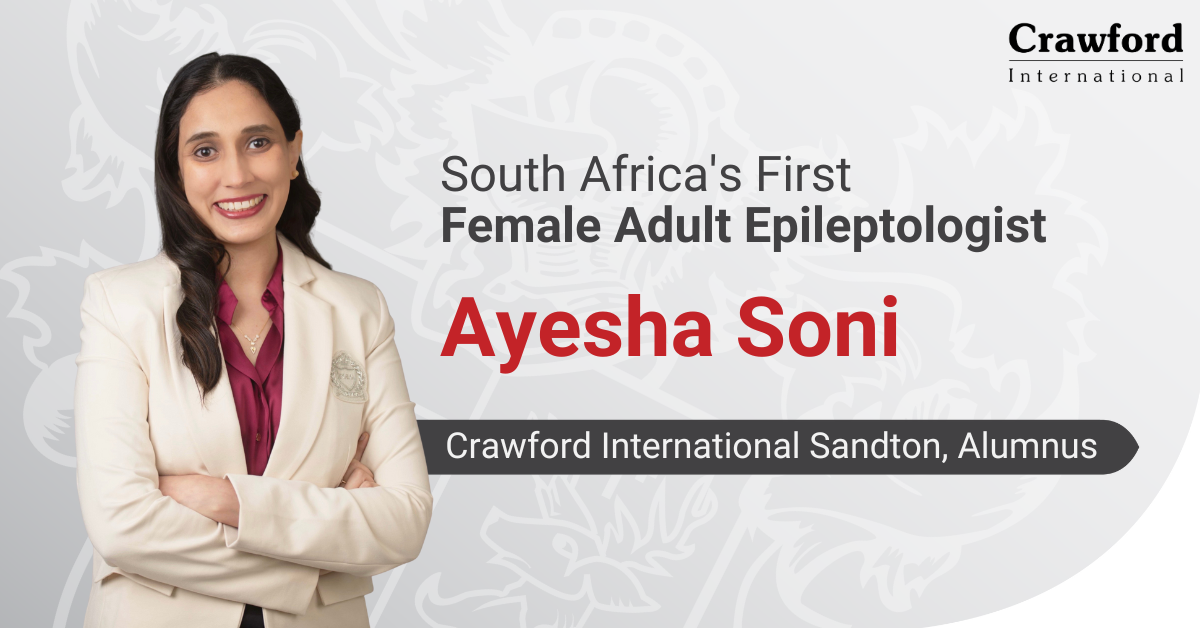What is ADHD & How Does it Affect my Child?
Monique Clark • May 20, 2022
What you need to know about ADHD disorder

ADHD is a neurodevelopmental disorder that stands for attention-deficit hyperactivity disorder, and sometimes called ADD (attention deficit disorder). It is very common and affects millions of children worldwide. ADHD is usually diagnosed in childhood but can also last well into adulthood. However, a diagnosis of ADHD does not mean your child’s potential is curbed – in fact, many people with ADHD are successful, happy and fulfilled individuals.
What does ADHD look like?
It’s very normal for children to have short attention spans, act without thinking, have what feels like too much energy (especially for tired parents), and get fidgety at the dinner table.
However, as a young child grows to the age of four or five, they can typically pay attention to others, sit quietly when told to, and control some of their impulsive behaviour.
ADHD makes it quite difficult for a child to control their spontaneous responses and actions, and this can affect everything from movement to attention and even speech. A child with ADHD might:
- Fidget or lose things often
- Talk too much
- Daydream a lot
- Take unnecessary risks
- Make careless mistakes
- Have trouble taking turns
- Find it difficult to resist temptation
- Have difficulty getting along with others.
While these can be expected in all children at one point or another, a child with ADHD doesn’t grow out of these behaviours. They continue, can be quite severe, and cause trouble with a child’s home or school life and relationships.
As a result of all this, you can also understand how a child with ADHD might struggle with low self-esteem and feel ‘not good enough’. It’s important to support an ADHD child with love and empathy while teaching them strategies to cope, because they can be successful.
There are three types of ADHD
Sometimes the symptoms of ADHD can be noticeable up as early as 3 years old, but it’s usually picked up before the age of 12. It is more common in boys than girls, and different genders tend to exhibit different symptoms – boys could be more hyperactive and girls more quiet and inattentive. What’s more, the symptoms can be anything from mild to severe; it’s a spectrum that manifests in three different ways.
1. Predominantly inattentive
Where most of the symptoms relate to inattention and a child may:
- Be easily distracted or get bored with a task before completing it – they have trouble staying focused.
- Seem to not listen when spoken to.
- Not pay attention to details or make careless mistakes.
- Find it difficult to remember things and follow instructions.
- Have trouble planning ahead or staying organised.
- Lose or misplace books, clothing, toys and other belongings often.
2. Predominantly hyperactive/impulsive
Where a child is always moving or has issues with self-control and may:
- Constantly fidget or squirm, where even if forced to sit still their foot is tapping, their leg is shaking, their fingers are drumming, etc.
- Find it difficult to relax or play quietly.
- Move around constantly, even running or climbing on things inappropriately.
- Talk a lot, excessively.
- Lose their temper easily, having a short fuse.
- Find it difficult to regulate their emotions, making temper tantrums and angry outbursts common.
- Interrupt conversations, or intrude on others’ space or games.
- Act without thinking.
- Guess or blurt out answers in class without taking the time to solve a problem, listen to the full question, or be called upon for the answer.
- Say the wrong thing at the wrong time – ask irrelevant or too-personal questions, or make tactless observations.
- Be moody or overly needy, often coming across as disrespectful.
3. Combination
Where both symptoms of inattention and hyperactivity/impulsivity are exhibited.
I think my child has ADHD. What do I do?
It’s very important to get a diagnosis of ADHD from a professional, because it is sometimes very difficult to distinguish between the symptoms of ADHD and typical “child behaviour”. Any child could show one of the above symptoms at any point, and it not be ADHD. What’s more, other medical and psychological conditions and life stressors can cause symptoms that look like ADHD, like learning disorders, mood disorders, reactions to trauma, even brain injury.
So, if you suspect your child might have ADHD, make sure you speak to your paediatrician or family doctor first. They should refer you to child specialist for a full diagnosis, such a paediatric neurologist, psychologist or specialist paediatrician.
If your child has been diagnosed with ADHD, know that effective treatment is a combination of behavioural therapy, parent education, social and school assistance, and sometimes medication. It takes a n all-round approach to help a child cope with ADHD and learn strategies for success, and medication shouldn’t be the sole treatment for attention-deficit hyperactivity disorder. These could include occupational, play or psychological therapy, implementing a good diet and exercise plan, and minimising distractions at home and in the class.
There are positives:
A child with ADHD is not less intelligent or talentless – your child is an individual with limitless potential even with a diagnosis of ADHD. A child with ADHD is never boring; they have lively personalities and can be a lot of fun to be around.
In fact, people with ADHD are incredibly creative and imaginative. Always having a thousand thoughts at once can enable a child to problem-solve not only successfully but also innovatively.
Because they’re usually considering a lot of options at once, people with ADHD are often open to considering different ideas and can be quite resilient and flexible as a result. They are interested in a lot of different things and, when motivated or engaged with something that interests them, they work and play hard and strive to succeed.
Just like with any child, unlocking a person with ADHD’s potential is all about acknowledging them as an individual with strengths, and enabling them with the tools they need to lean on these strengths for success.
Tips for parenting a child with ADHD
Parenting a child with ADHD can feel overwhelming, challenging and frustrating. Sometimes it even feels like your child is in control of everything. But, there are strategies that you, as a parent, can implement that will help create an environment of communication, structure and support for all.
Stick to a routine
Knowing what to expect from the day helps your child feel safe and focused. Structure is key, so try to stick to a daily routine, even over weekends. Try to keep it simple and easy to follow, with healthy activities (and not a lot of TV or screen time).
Keep things organised
Help your child by keeping their toys, clothing, belongings in consistent places around the house. Knowing where things are helps to create structure. It’s also a good idea to cut down on distractions in the home, so be sure to turn the TV or radio off when not needed.
Help your child eat right
Regular, healthy meals and snacks offered every three hours help to maintain structure and give your child’s body the nutrients it needs to function. Cut down on sugary food and drinks, as well as junk food.
Exercise and sleep are important
Physical activity is not just important for grownups – staying active helps to improve focus and promotes brain growth. It also improves sleep quality. Both have a huge effect on a child with ADHD.
Set clear expectations
Always provide clear, simple instructions when communicating. Make sure your child knows how you expect them to behave and set clear boundaries or rules. Then, make it very clear what the consequences are when they are followed and broken, and follow through every time with a reward or consequence. Again, consistency is key.
Focus on the positive
Support your child in their areas of strength and help them recognise their talents and abilities – encourage every good behaviour or action. Reward them with praise (or small gifts when appropriate) when they’re doing the right thing.
Find help when you need it
Taking care of yourself is also important, so that you’re able to take better care of your child. So, make sure you’re also eating right, exercising and getting enough sleep. Find ways to reduce stress and create a support network of family, friends,, teachers and professionals. You are not alone in this! There are also local organisations you can access resources and support from, such as adhasa.co.za and adhdinsight.co.za












